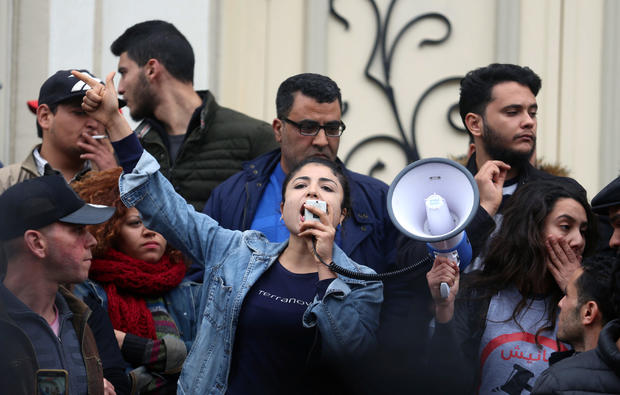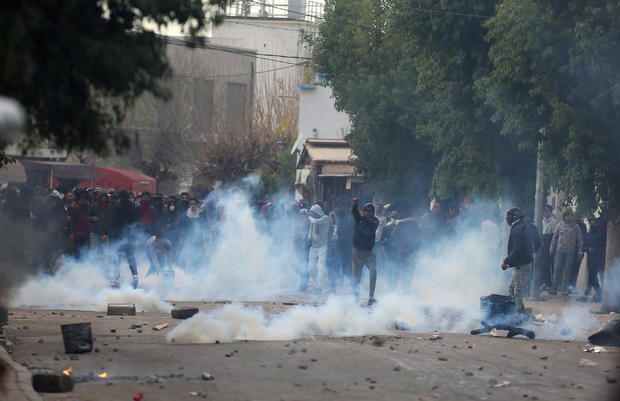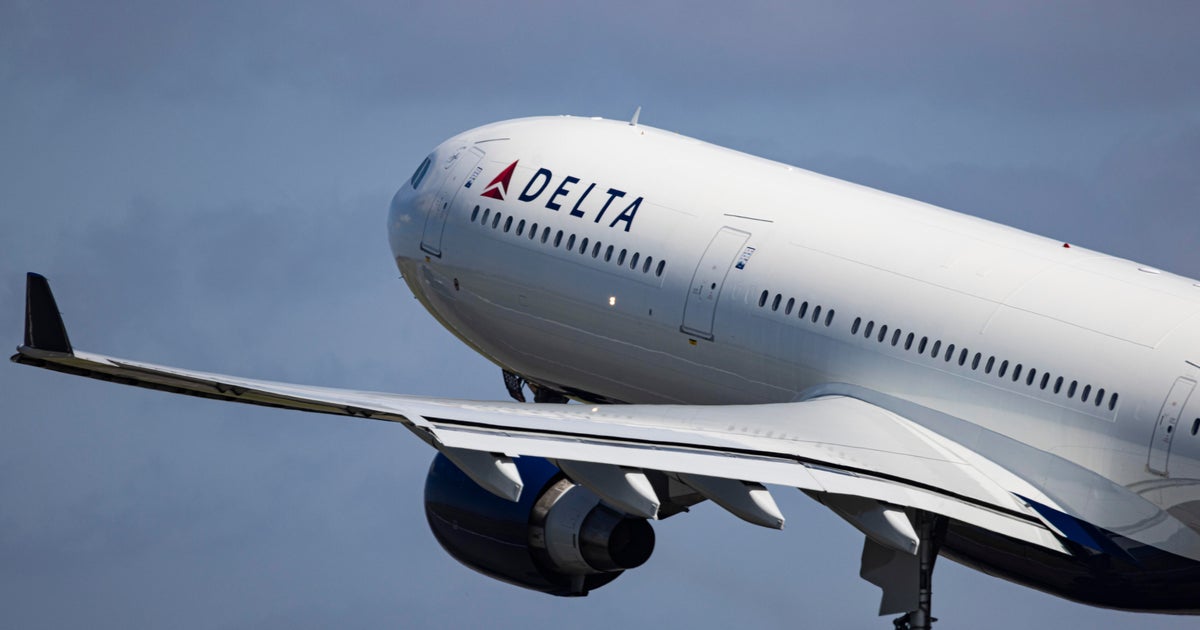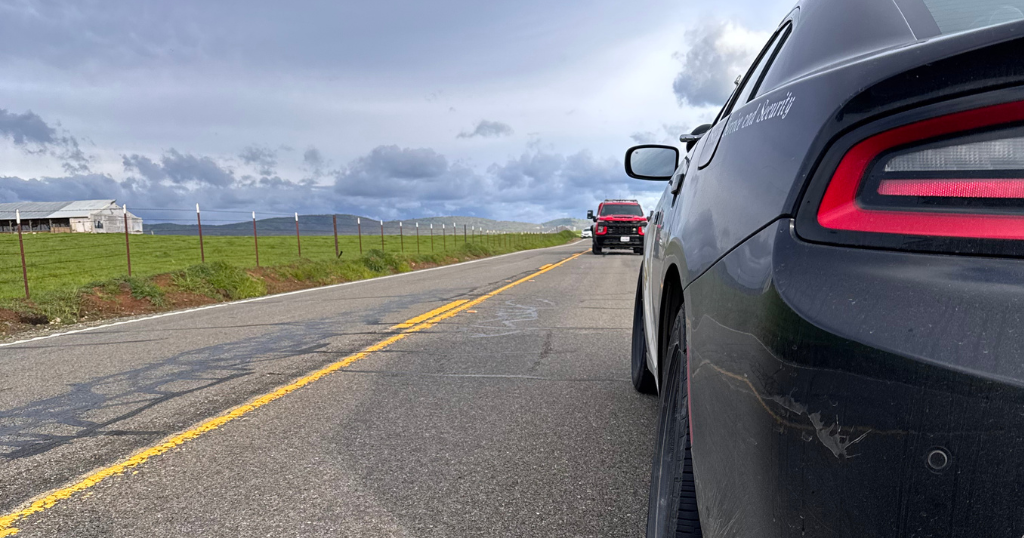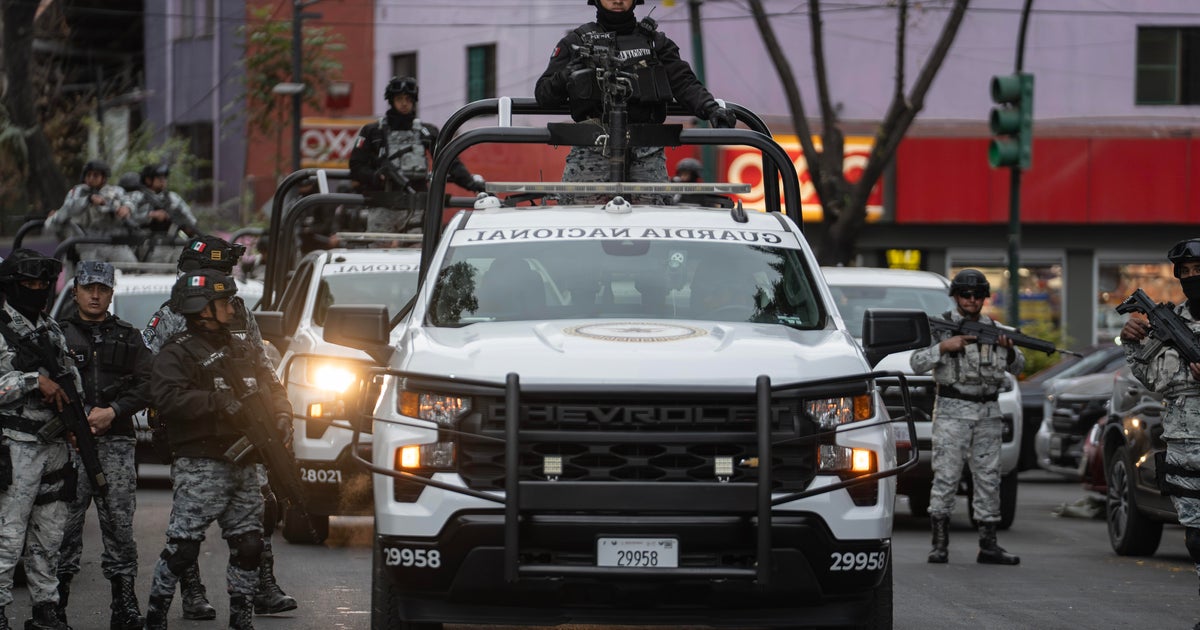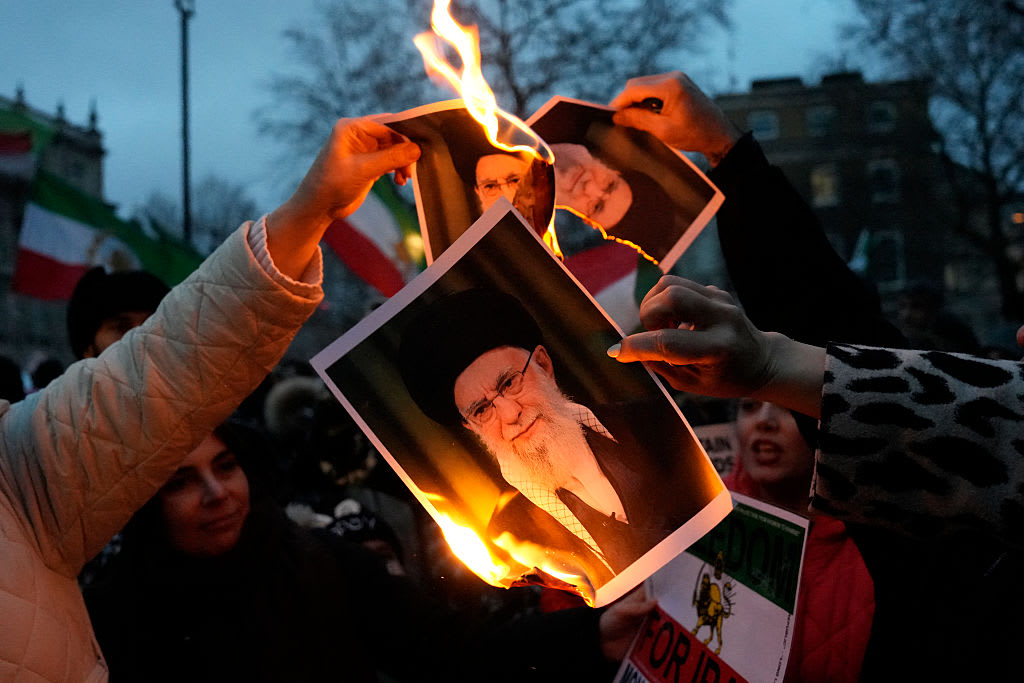Tunisian government vows to crack down on rioters after violent protests
TUNIS, Tunisia -- Tunisia's prime minister promised Tuesday to crack down on rioters after violent protests over price hikes left one person dead and raised fears of broader unrest in the country that was the birthplace of the Arab Spring. A 45-year-old protester died during the unrest that broke out in multiple regions earlier this week while dozens of people were arrested and several police officers were injured. More clashes erupted in towns across the country Tuesday night.
The turbulence recalled the 2010-2011 protest movement that led to the ouster of authoritarian President Zine El Abidine Ben Ali and sparked uprisings across the Arab world. Tunisia's economy has struggled ever since.
The current protests are being driven by economic considerations related to the national budget. The Tunisian government is raising fuel prices and taxes on many products and services to reduce the country's annual deficit. Deficit reduction is among conditions set by the International Monetary Fund, which is providing $2.9 billion in loans.
According to Tunisian media reports, banks, stores and police stations were targets of vandalism and looting, while roads have been blocked by blazing tires and protesters hurling gasoline bombs at police. The army has also intervened in the restive town of Kasserine, official news agency TAP reported.
The death of protester Khomsi Yefrni threatened to stoke further unrest. Hospital and security officials said Yefrni died Monday night in Tebourba, about 30 kilometers from the capital of Tunis, after police fired tear gas on the protest in which he was participating.
The Interior Ministry said Yefrni suffered from chronic respiratory problems. His brother, Mohamed Yefrni, said during Yefrni's funeral Tuesday that his sibling was hit by a vehicle and did not suffer from a chronic illness.
Medical examiners informed the family that Yefrni had broken ribs and did not die from oxygen deprivation, Mohamed Yefrni told Tunisia's private Mosaique FM radio.
More turmoil unfolded in Tebourba on Tuesday evening as protesters threw stones and security forces responded by firing tear gas grenades. No injuries or arrests were immediately reported.
Strife also flared in the town of Nefza, in the northwestern region of Beja, where protesters set fire to a security post and two police vehicles. The headquarters of the local council was damaged. In the popular cities of Attadhamoun and Intilaka, on the outskirts of Tunis, protesters blocked roads with burning tires.
Earlier in the day, several hundred people, including three lawmakers from a left-wing party, marched peacefully on Habib Bourguiba Avenue, the capital's main artery, and demanded that the government withdraw the controversial price hikes included in a budget law. Masked riot police ringed the demonstration, and the atmosphere remained tense.
While insisting that his government respected the right to protest, Prime Minister Youssef Chahed said Tuesday that recent demonstrations had descended into "acts of vandalism, looting and violence against citizens, and this is unacceptable."
The rioting, he said, was "outside of the law" and authorities will pursue troublemakers and those who incite them.
"We are in a democracy, and those who want to protest can do it during the day, not at night," he said.
Chahed spoke to reporters during a visit to Tunisian security forces on the tense border with troubled Libya. He said authorities should show "vigilance" to ensure that extremists in Libya don't try to cross the border and take advantage of Tunisia's unrest.
Interior Ministry spokesman Khalifa Chibani, speaking on Mosaique FM radio, accused unnamed perpetrators of spreading fake rumors on social networks to incite riots.
Authorities would not provide an estimate of how large the protests have been, but witnesses suggested the sizes varied from dozens to hundreds in towns across the country.
Mahmoud Althawadia, a political analyst, says the situation is "complicated," BBC News reports.
"In reality, there are severe price hikes … that's something everyone agrees on, and that Tunisia is facing a difficult economic problem, and the government feels the painful measures are necessary," he told BBC News. "The opposition and the unions say that we should not resolve the difficult economic problems at the expense of the weaker class."
"The danger today in those protests, is that if they are not contained, and some solutions include backtracking on some issues and protecting the weaker class, like increasing the minimum wage," he added.
